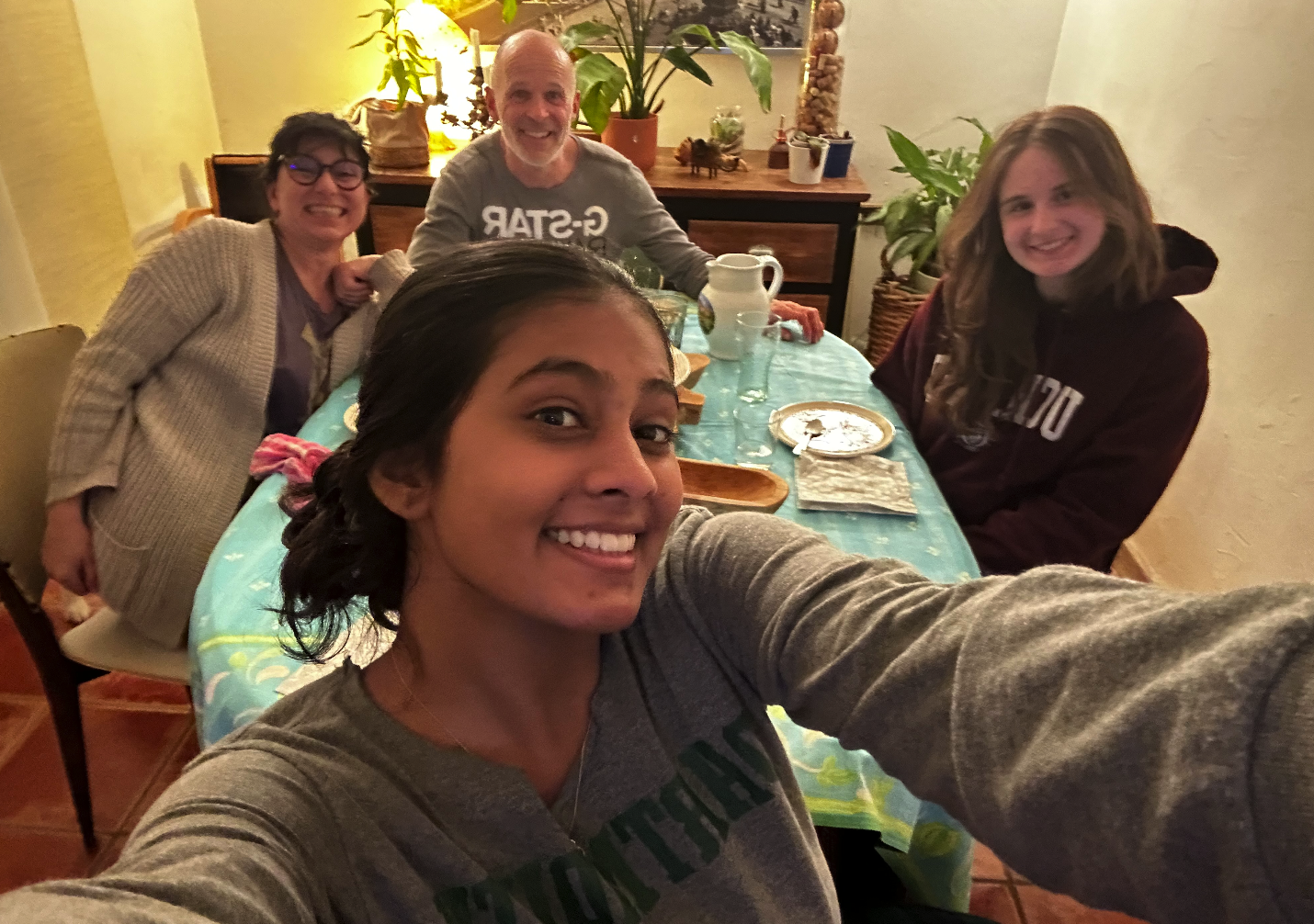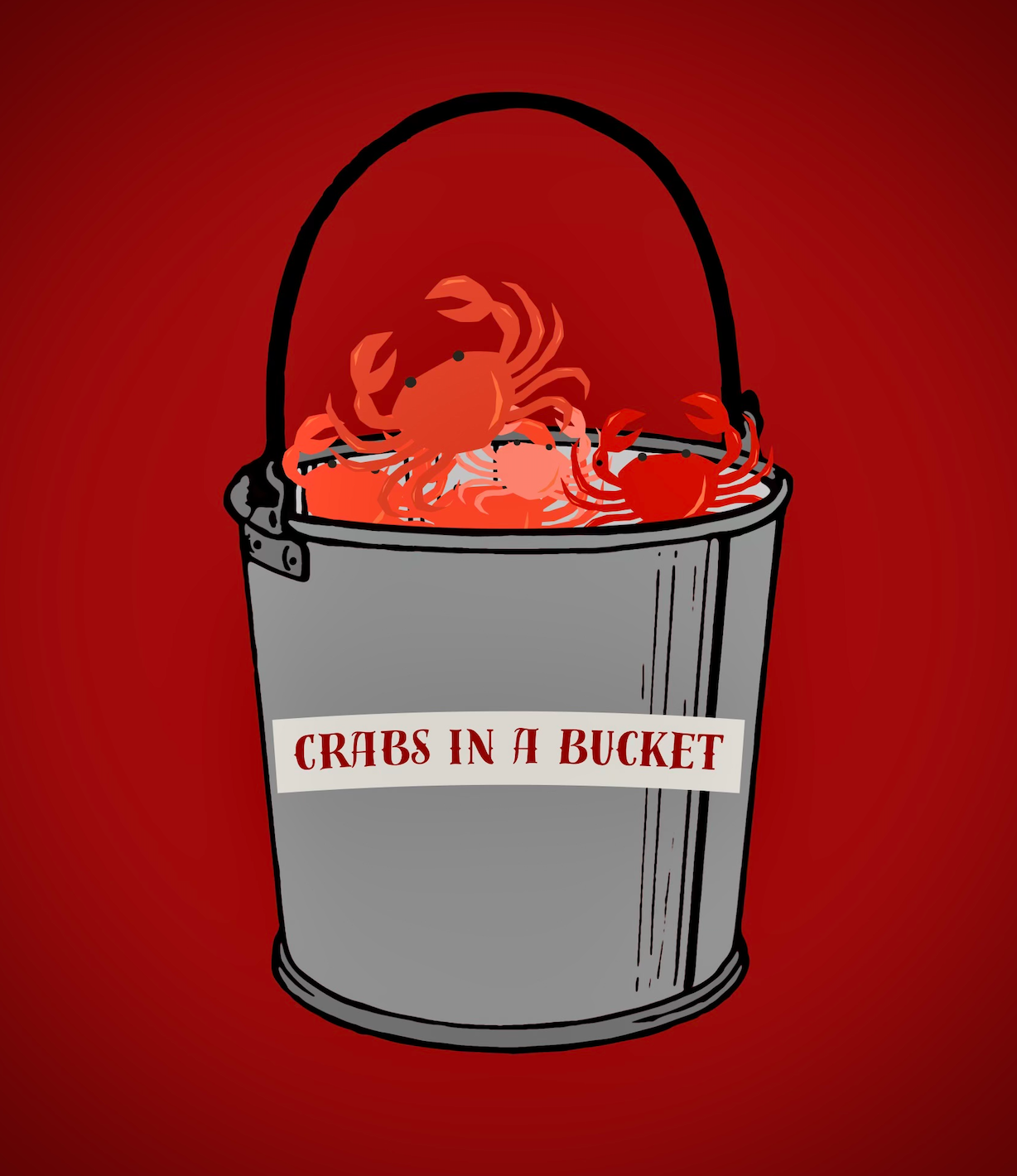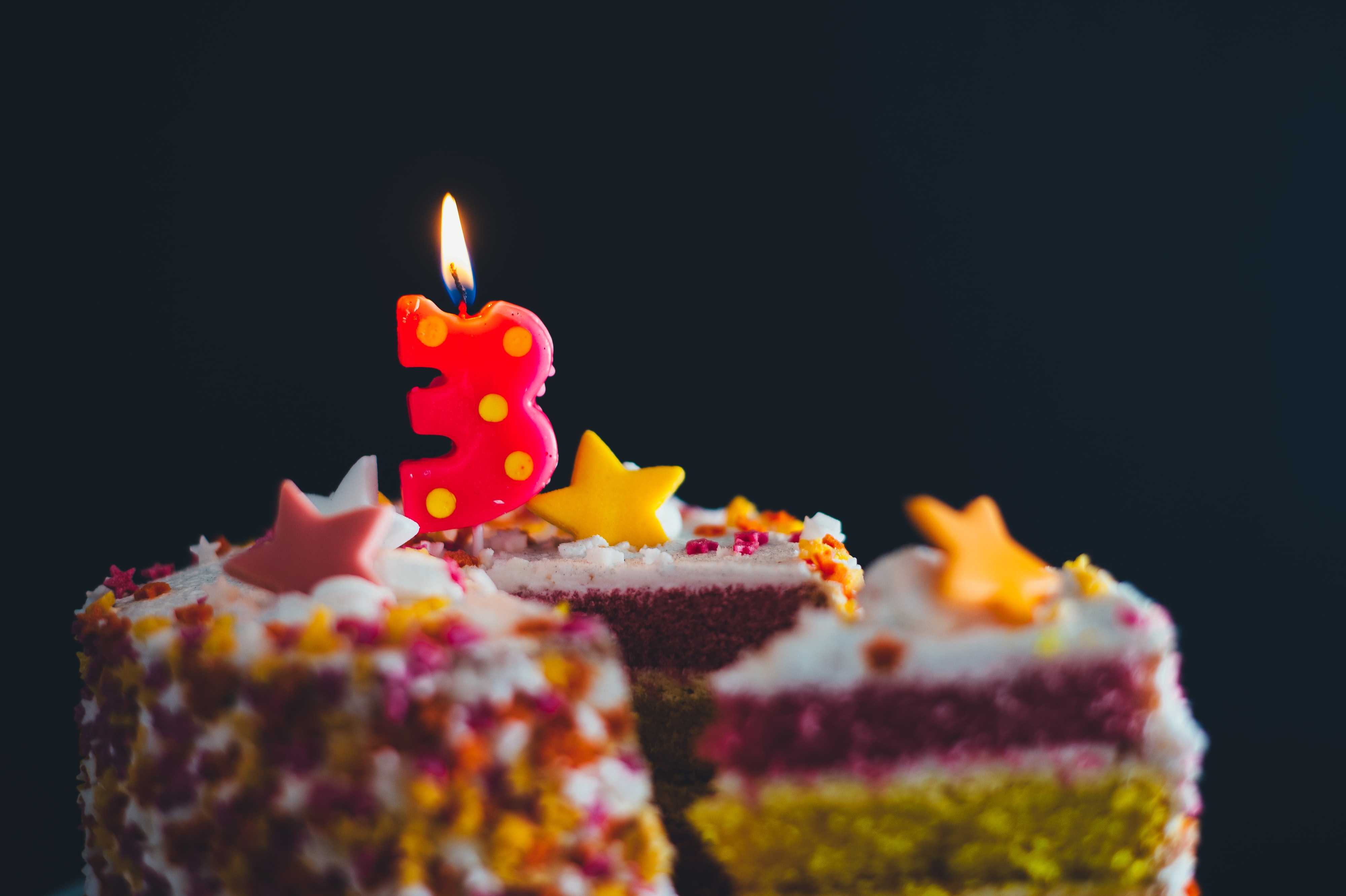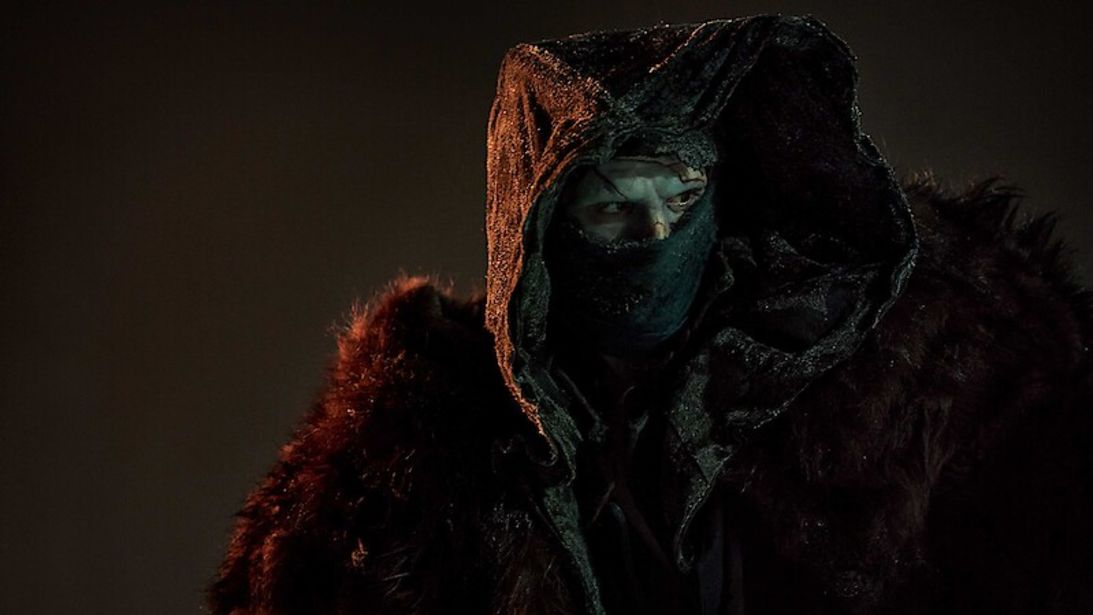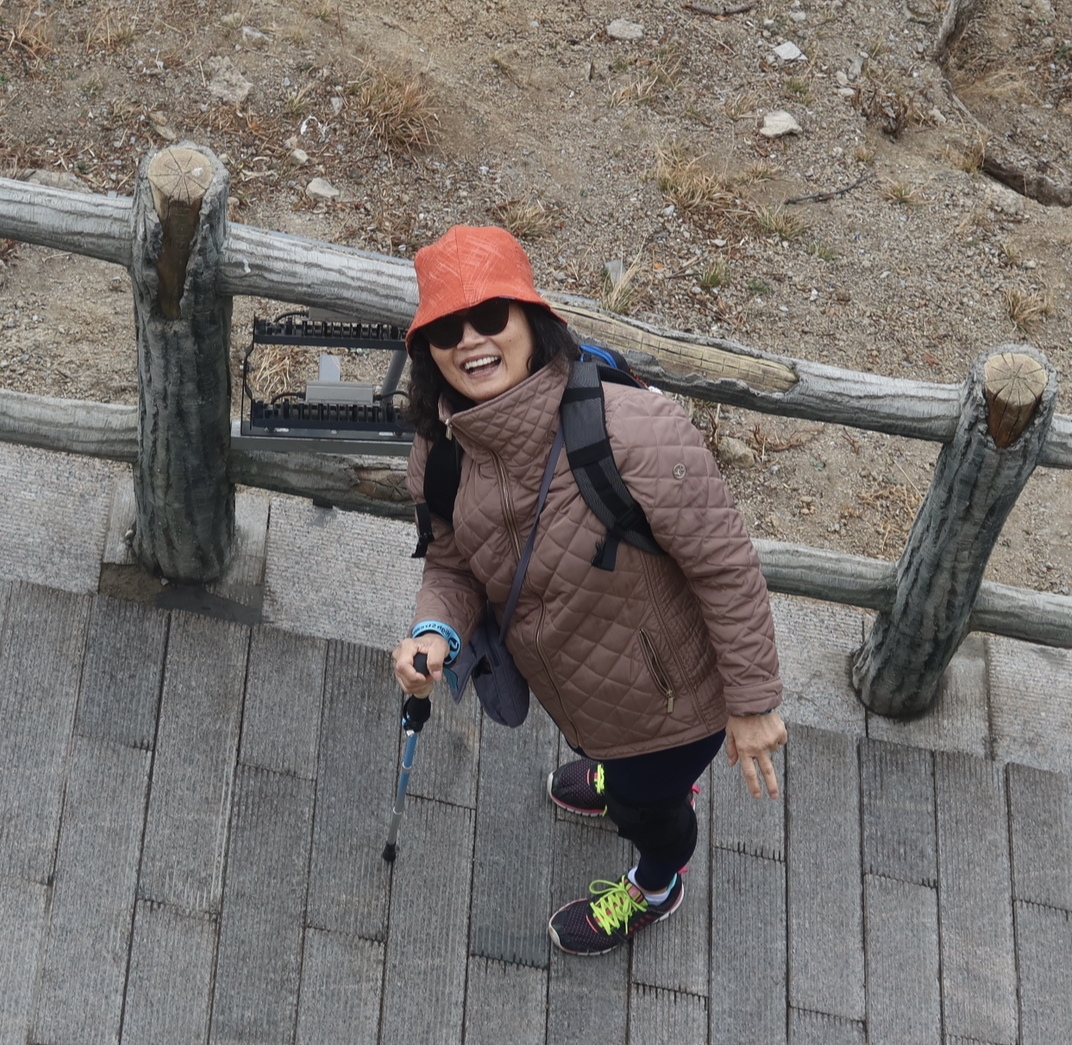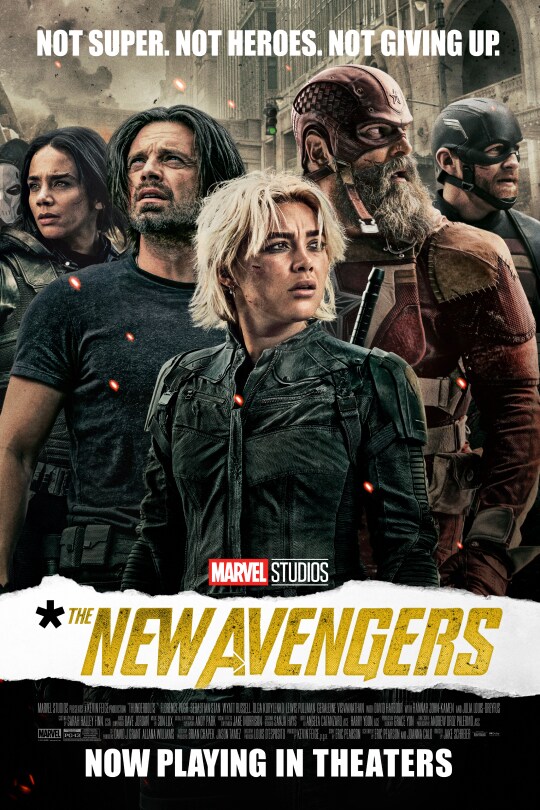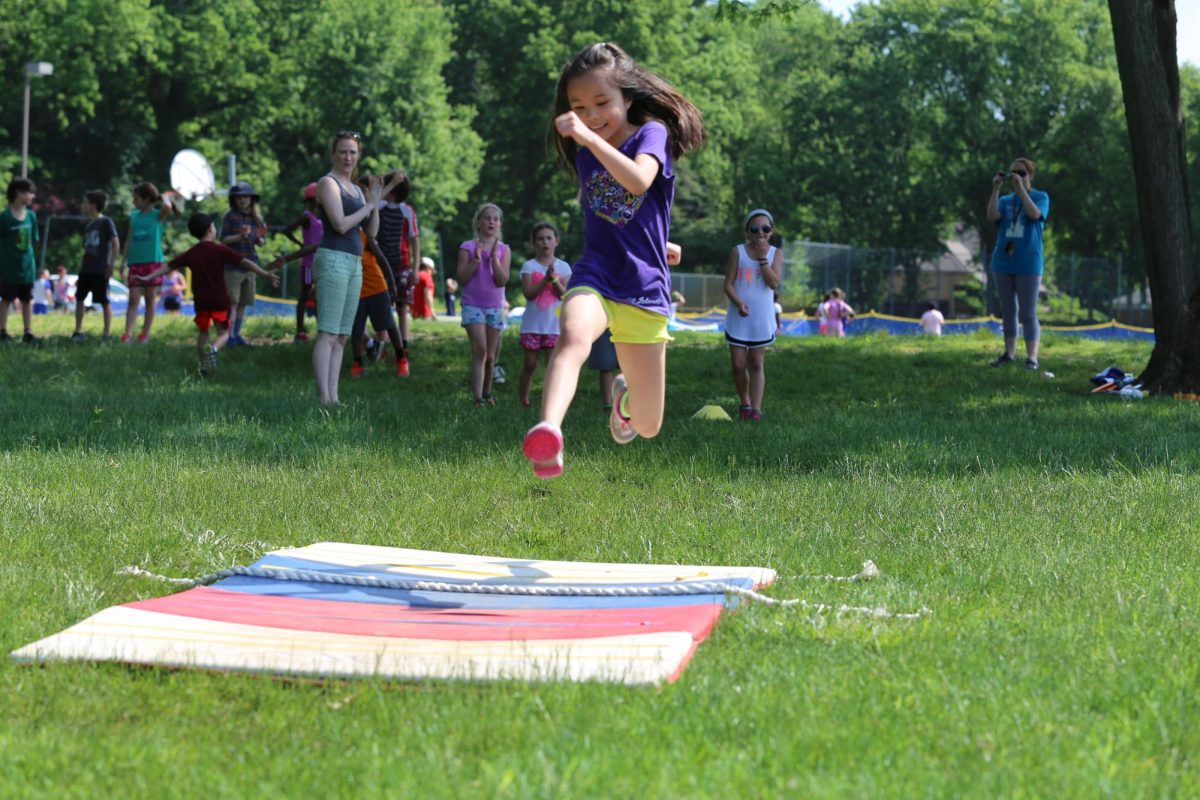I am leaving WordsWorth in the midst of a media crisis.
The sorry state of the national media is no environment in which to conduct a student news publication whose mission is to discover and disseminate truth. This is a noble mission, yet one that continues to be soiled by our present culture.
A gloomy start to a goodbye letter, right? But unfortunately it’s not so dramatic, and I must make my way out into the “real world,” the one of higher education and beyond, surrounded by a breakdown of the field I’ve come to love so dearly. It’s been on my mind, if you couldn’t tell.
I’d like to end my Moorestown Friends career with an ode to the WordsWorth I know and love, one that has so formatively shaped me as a writer, leader, and individual. It is impossible to ignore, though, the climate in which WordsWorth exists now, one in which media — student media included — is constantly made to be the enemy, and sometimes, now, acts as the enemy. (See any college news publication or the front page of the New York Times.)
I will do my best to honor both trains of thought, but they are not so different, really. I am in no position to prescribe a remedy for this societal ill, but I have real faith that WordsWorth will continue to function as it has for decades, possessing an allegiance to truthfulness and craftsmanship, training the next generation of writers and thinkers in good faith.
Journalism always appealed to me; I don’t know why. When I was 6 years old, I was convinced that I was going to grow up, and fresh out of college, get picked up by the New York Times and enjoy a lavish life as a hot-shot journalist in New York City. A year later I wanted to become a neurosurgeon. My plans were fickle. But, this yearning, born of a love for writing and a draw towards the excitement of reporting for good, never left me, though my earliest career plans did.
Add to my wildest childhood dreams: the era of WordsWorth greats. My middle school years coincided with the careers of a string of “hall-of-famers,” as we call them in the newsroom, or those past Editors-in-Chief that made such a memorable impact on the publication that all of its current members still know their names. I didn’t then grasp the humor and depth of Ed Gelernt’s (Class of 2016) or Alex Horn’s (Class of 2017) writings, nor did I understand the mastery of their craft that Chloe Jones ’18 or Andrew Rowan ’19 had at such an early age, but I did grasp that the work they did was important and that their publication could one day be my home, too.
What made a WordsWorth career more tangible, though, was the product of my seventh-grade Spotlight Project, an independent end-of-year research project that amounted to a paper and a “product.” My paper, entitled “The Rights of a Journalist in the Present Day,” (my 12-year-old self wrote it without nuance, but it remains prescient) was accompanied by my product, the resurrection of the Middle School Murmur, WordsWorth’s middle school counterpart. For this project, I even reached out to Andrew Rowan, who, at the time, was a senior and WordsWorth’s Editor-in-Chief, for an interview. I was terrified to ask, but I did, eventually, send him some questions through an email (which wasn’t good journalistic practice), to which he responded in earnest, happy to be of help. I still couldn’t muster up the courage to introduce myself in the halls, though.
My eighth grade year, I was a part of the inaugural Middle School Murmur staff along with a small group of other interested — or not — students. It was there that I first cultivated a relationship with our adviser Diana Day, who has so kindly and vigorously supported me since the very day I approached her with that idea. I knew then that I would be entering an atmosphere that was so completely in love with journalism, happy to introduce students to the craft. I don’t quite remember what we produced, but I do remember feeling such excitement to move on to WordsWorth the following year.
I won’t dwell on my freshman year.
I really must’ve loved it, though, to stick with it through the plexiglass and Zoom lessons of Intro to Journalism. It was there, in Room 115 behind layers upon layers of plexiglass, that I became acquainted with the publication. By June, I had taken on the role of Social Media Manager, following in the footsteps of my mentor and then-rising Editor-in-Chief Vani Hanamirian ’22.
What I will recall is the request I received to write a short piece for WordsWorth’s 2020 Election Print Edition. I didn’t want to pass on this opportunity to write for the publication, as I was in training to join its staff, so I wrote a piece entitled “The Aftermath.” It was pretty poor. There was really no point to it, now that I’ve reread it. There is no lede. If anything, it’s buried in the last paragraph. But what’s outstanding about this short piece is that it was my first foray into opinion writing, a beat that would steal my heart and whisk me away from traditional reporting in the coming years.
I returned to Lab 2 my sophomore year with all of the WordsWorth social media log-ins one could need and the drive to keep producing, to keep doing what I loved, to keep accomplishing all of the things that I had imagined myself doing all those years ago. And I did. I found my voice, the voice that is, perhaps, a little too sentimental and long-winded at times. I found camaraderie within the publication, particularly during the frayed nights of Spirit Week. So clearly can I picture us all in the Lab making frantic edits to each grade’s Airband video as the sun set, but we barely cared; we were on an editor’s high.
I was elated to be there that night, and this feeling did not ebb. I continued, every time I stepped into Lab 2, to be greeted with elation. I was a part of something meaningful and fun, and nothing could shake me, no matter how many students called the publication NerdsWorth or left their print editions in the stairwell.
I was content running our social media, yes, but I knew that the real joy of journalism came from both writing and the energy of the newsroom. I wrote some pieces that I remain quite proud of. I wrote about students’ fears of gun violence. I wrote about the exhausting wrestle we had with COVID. I even wrote about the Will Smith/Chris Rock Oscars fiasco. There was nothing off limits, and that continues to be the case today. It became clear that WordsWorth was a rarity: it was a place where controversy and conversation knew no bounds or censorship.
I was honored and deeply humbled to become Editor-in-Chief at the close of my sophomore year. This leadership was the single most impactful experience of my school career, one that outweighed every other pursuit by a mile. I wouldn’t describe it as a nervousness to take the reins, but I felt that, entrusted with the health of the publication, I must rise to the occasion. I hope I did.
I continued to write, of course, but here, my journalistic consciousness expanded, and so did my capacity for challenge and command. Instead of participating in the discussions that I found to be so influential, I needed to guide them. I needed to, each day, internally review my knowledge and continuously learn and grow. I took great joy in introducing students new to the program to all that we did. I took every MFS Open House opportunity I got to promote WordsWorth. I became involved with a wonderful organization, Press Pass NYC, where I was able to work with two growing journalists in New York City over the course of a semester in order to help them grow their own publication.
There was difficulty, too, as there always is. I had endless lamentations and grievances, which I expressed to our advisers Diana and Debra Galler, who always consoled me and encouraged me to continue the work that I was doing. I was unsure that I was doing the most that I could to continue the momentum that seemed to be ever-present before my years on staff, its disappearance due to, perhaps, COVID or something else that I can’t discern.
I started a failed column. “From Dinah’s Desk,” I called it, and it has only two pieces of work to its name. Not much of a column. I wanted to emulate the likes of the ghosts of EICs past, but time got away from me, and so did my ideas, and so Dinah’s Desk remains a little empty and scattered. But even those two pieces of writing, both about the beginnings of my “college process,” carried my voice.
I felt as though I was the queen of the castle as I returned for my senior year, admittedly. I was accustomed to our flow; I knew what it took to run the publication, I knew our group of students well, and I knew that I wished to continue finding and strengthening my voice. But this year came with a new responsibility bundled within an epiphany: I would not be returning, and I would need to both prepare myself and the publication for the near future. My job transformed into that of a mentor, one that required me to answer my phone as it neared midnight if somebody had a question about their lede, or their em-dash usage, or how to conduct the interview they had forgotten to schedule until that very moment.
It also required a fearless approach to each discussion and story idea, even if it scared me. One of my greatest prides was the article I wrote for our winter print edition, “Opposing Viewpoints Create Tension Around Student Speech.” This was an attempt to address the community’s lack of discourse around the Israel-Hamas war, an attempt that strengthened my resolve to create this discourse and engage in discussions with my peers that adults have, perhaps, not modeled too strongly. I remember sitting in the newsroom with a team of four other reporters and Diana Day while we talked through, together, how to frame one specific sentence in order to uphold our journalistic standards as vigorously as possible. That instance of teamwork was outstanding. It showed that difference in viewpoint is not only valuable but necessary to the health of the publication, and by extension, to our communities. I hadn’t seen pure, earnest discourse in some time, yet it began to happen more and more within our walls.
While article quotas struggled to be reached — and while, yes, that concerned me and continues to concern me — I began to focus my efforts on ensuring that WordsWorth will live on as a bastion of free expression well after I retire from the standing desk. I wish for nothing more than to see these efforts realized.
Of course, the opportunities for personal growth and practical experience that WordsWorth has presented over the past four years have been invaluable, but further, to have witnessed the growth of so many WordsWorth students — not just as journalists, but as adolescents — is a gift that will remain with me well after I descend those Oval steps.
Everybody assumes that I’d like to become a journalist. The truth is, I don’t. I’m still mystified by the reasons that 6-year-old Dinah was drawn to journalism, but now, I am well aware of its value, though I do not wish to make it my profession. I’m not quite sure what I’d like to do, but I know that it probably won’t be journalism in the traditional sense. But that doesn’t mean that my years here were for naught. Quite the opposite, actually. This publication has meant everything to me; it has been nothing short of formative.
So this isn’t a goodbye — I could never do that. Rather, it’s simply a read you later.


